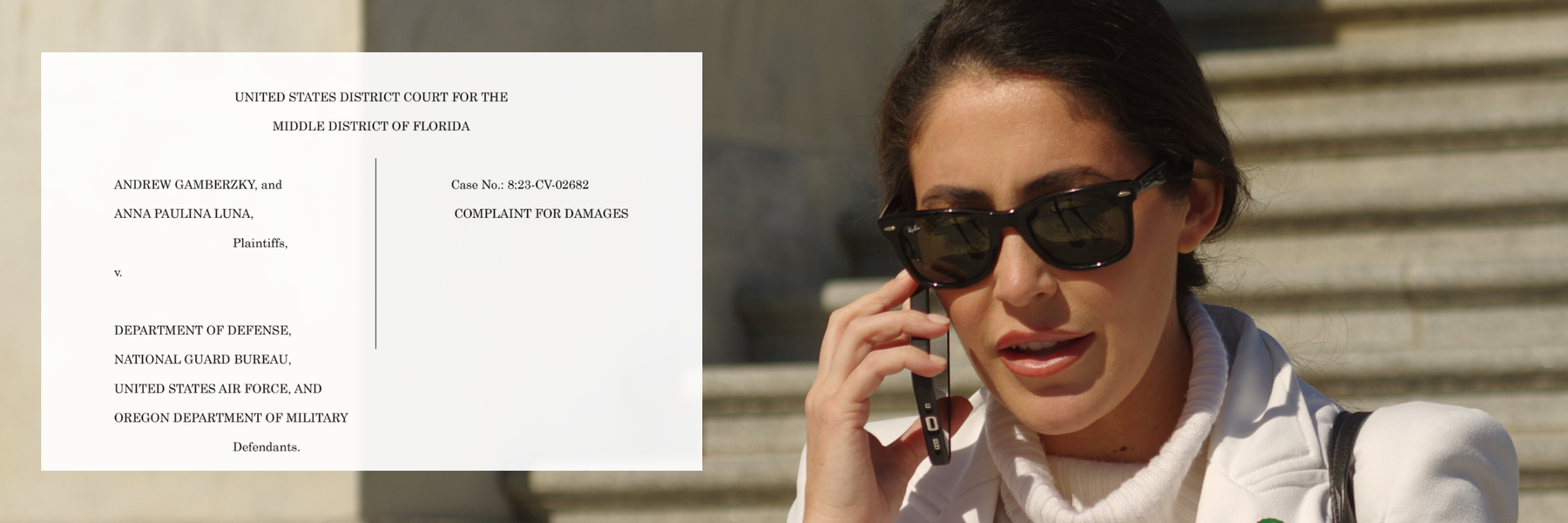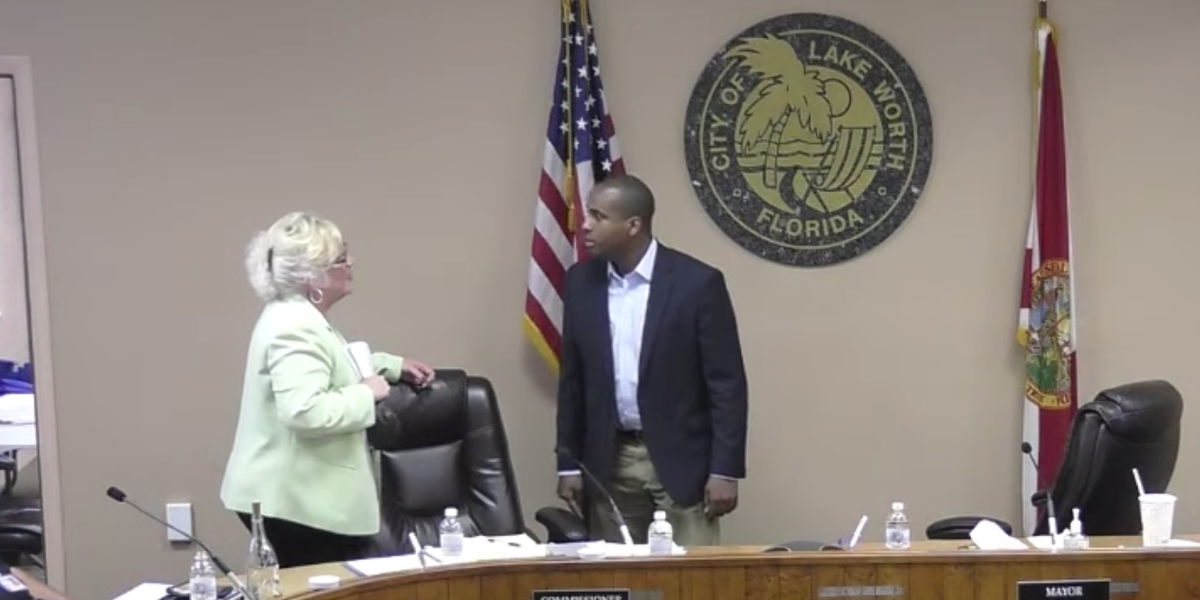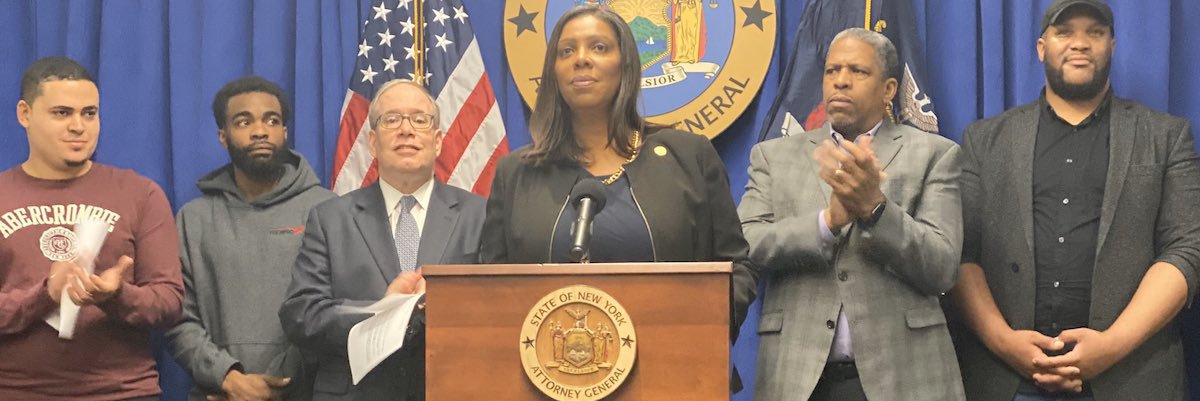Following an adoption of an amendment to the Florida state constitution, the Jacksonville Sheriff’s Office has stopped releasing the location of certain crimes.
This past November, Sunshine state voters passed Amendment 6, known as “Marsy’s Law” which added 11 new victims rights to the state constitution. Within those rights, the disclosure of information used to identify or locate victims is prohibited.
As a result, the department will no longer identify a crime’s location if it happens at a victim’s address.
“We have taken proper steps to comply with Marsy’s Law,” wrote Officer Melissa. J. Bujeda. “We have reviewed it thoroughly, and until legislation provides uniformity on how it should be handled, proper steps will be taken so we are in compliance with the amendment that guarantees the victim of any crime, and the victim’s family, privacy so they can’t be located or harassed.”
However, Jacksonville residents will now have a harder time finding out what crimes are occurring in their neighborhoods. The JSO regularly updates its crime map to show the location of crimes, but as of this month, the map might not show an accurate reflection of all crimes that took place.
“The language in the constitution now says that crime victims have the right to prevent the automatic, public release of information that could be used to locate or harass them,” said spokesperson for Marsy’s Law for Florida, Jennifer Fennell. “At issue here is how different law enforcement agencies across the state have decided to interpret and implement that provision. So far, there have been fairly disparate interpretations.”
Yet police agencies across the state are interpreting the new law in different ways. In the Leon County Sheriff’s Office, if the unit responds to a crime at the victims address, it will only withhold information about a victim upon request.
“This is what we determined was the most appropriate interpretation of the law,” said Public Information Officer for the LCSO, Deputy Dave Teems. “If [victims] want their contact information left out, we leave it out. But we are still waiting to see what the legislature rules on this.”
## Do you have a records struggle in your state? Let us know!
The Orlando Police Department also allows victims to request confidentiality, and asks officers to review the Victims’ Rights Books with them. However, those in support of the new law say the law’s intentions were to protect victims.
“It was not intended to prevent the disclosure of the location where a crime occurred when such a release could not lead to revealing the identity of the victim(s),” added Fennell.
While the law is currently in effect, several bills are being prepared to solidify the language of the amendment and provide unity in policies across law enforcement agencies in the state. Additionally, the new law does not place restrictions on the release of the identity or the name of the victim. However, other provisions within the state’s sunshine law might exempt that information.
“We strongly believe the Florida Legislature should pass an implementing bill this session that answers these questions and provides much-needed clarity.”
According to the American Civil Liberties Union, in addition to Florida, Marsy’s Law has passed in California, Illinois, Nevada, North Dakota, Ohio, and South Dakota.
The full amendment is embedded below.
Image via Jacksonville Sheriff’s Office Facebook




